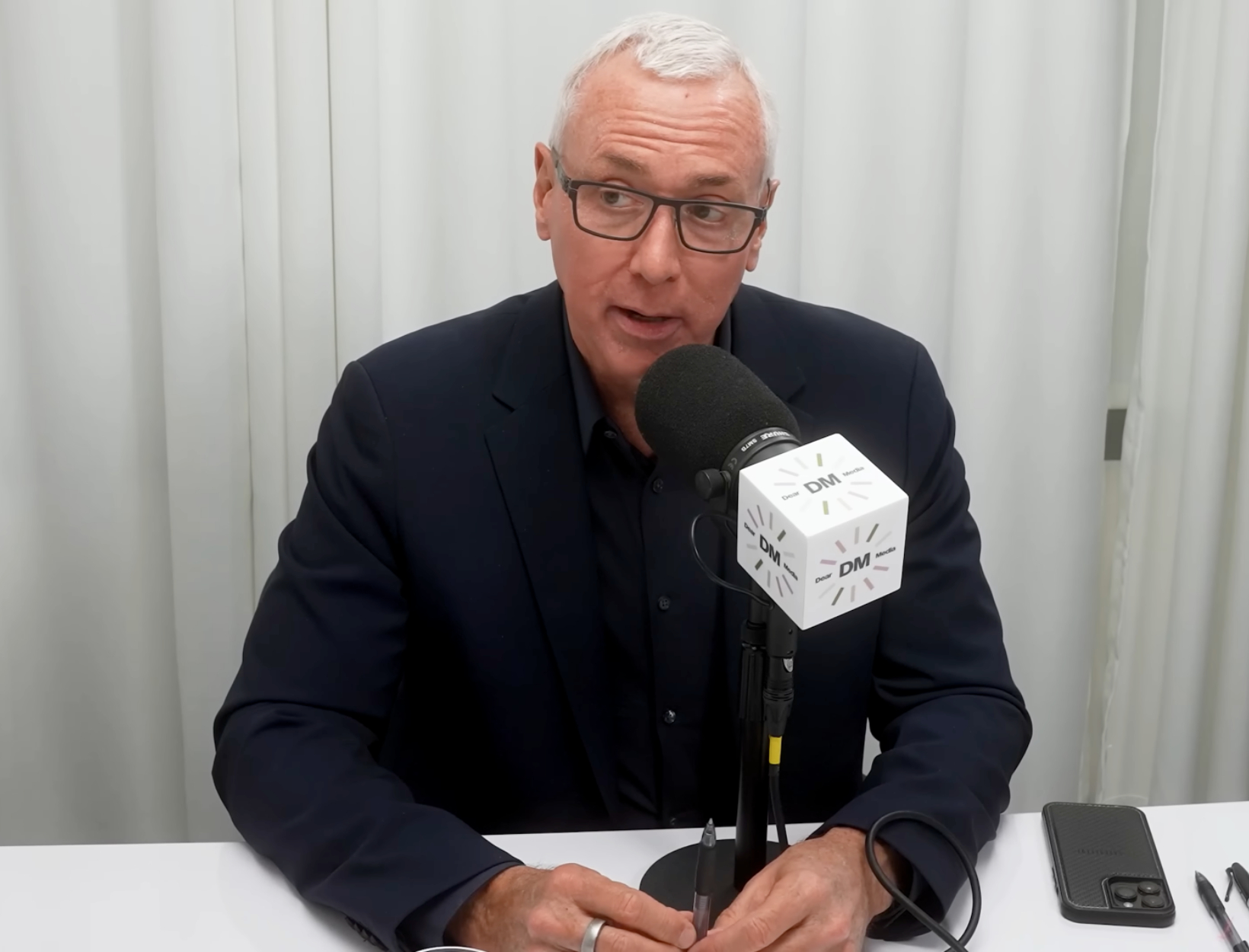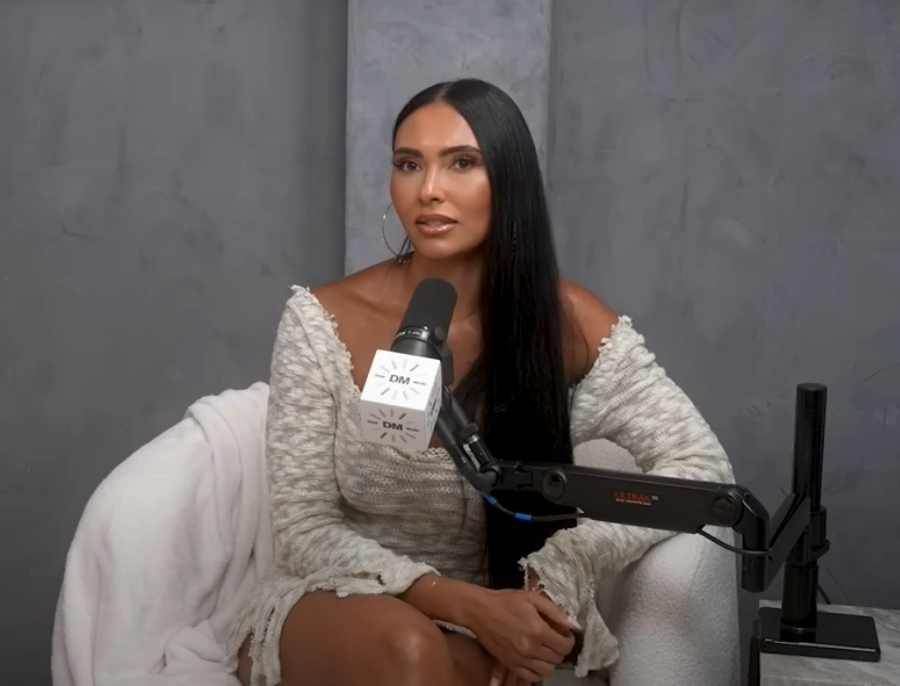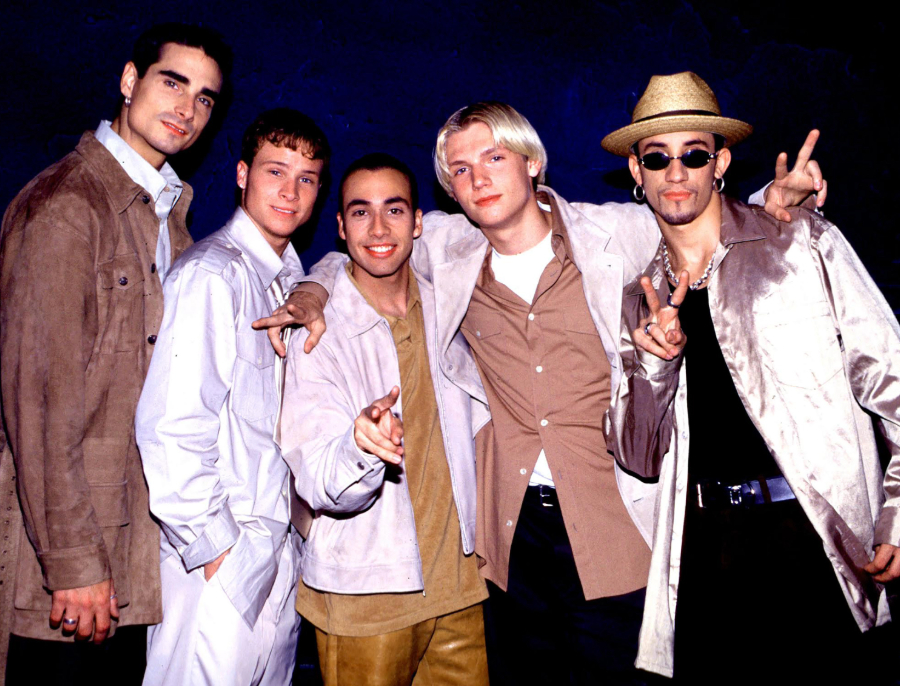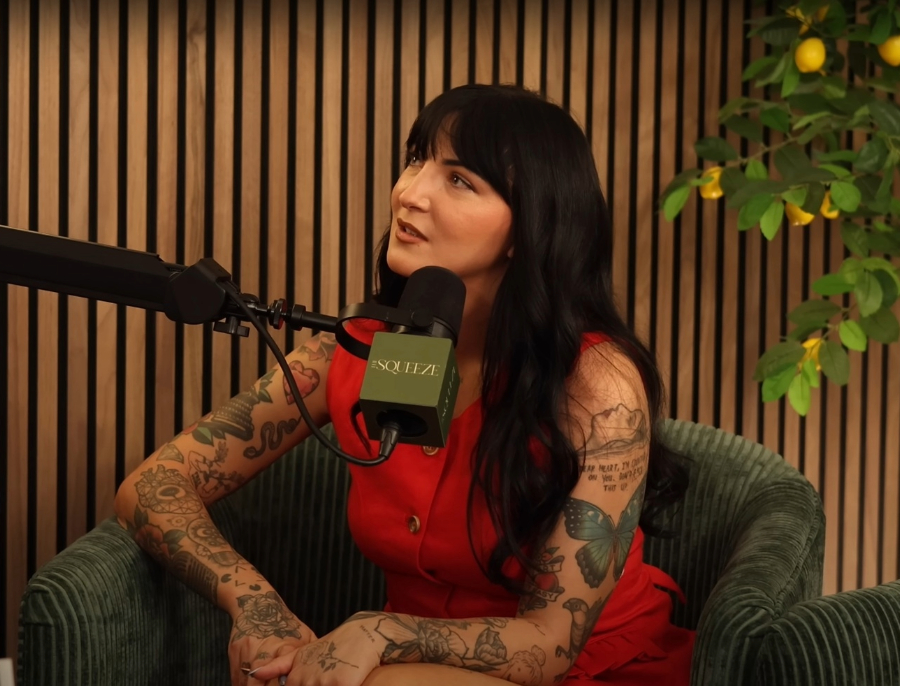Dr. Drew Has Spent Decades Helping People Overcome Addiction—This Is What He’s Learned

When Dr. Drew Pinsky sat down with Michael and Lauryn Bosstick on The Skinny Confidential Him & Her Podcast, the conversation felt less like a lecture and more like coffee with a brilliantly unfiltered uncle.
At 65, the addiction medicine specialist has seen it all—from treating A-listers to helping everyday people navigate their darkest moments. As the cohost of Loveline with Adam Carolla, he’s fielded the most cringe-worthy relationship questions from callers across America. Through six seasons of Celebrity Rehab with Dr. Drew, he’s guided everyone from WWE legend Joanie “Chyna” Laurer to Rod Stewart’s son through the brutal realities of getting clean and sober.
Dr. Drew is no stranger to our pop culture consciousness, and now with the perspective that comes from treating thousands of patients—from rock stars to reality TV personalities to plenty of people just like us—his takeaways land with the kind of authority only hard-won experience can give.
Addiction never sits still—it keeps moving the goalposts
Here’s the uncomfortable truth Dr. Drew wants you to know: Addiction does not plateau. The brain will always demand a bigger hit, and he warns us that any addiction, no matter the preferred substance, “gets worse with time” if left untreated.
Dr. Drew describes to the Bossticks how young men exposed to explicit content at eight or nine years old quickly chase “more and more and more,” until what once shocked them feels bland. That same brain chemistry is why a casual glass of wine, a little weed, or an extra pain pill can snowball fast.
The celebrity trap: when special care becomes risky care
Fame can buy front row tickets to anywhere—except sobriety. “Special care is usually not good care,” Dr. Drew cautions, recalling superstar clients whose doctors kept the prescription pad open until the inevitable overdose followed. The moral? Whether you live in a mansion or a studio walk-up, the gold standard of treatment is still the gold standard for a reason.
Recovery is a team sport
There’s a reason Al-Anon meetings pack out church basements. “The co-programs are essential,” Dr. Drew stresses. In other words, partners and parents can’t simply cheer from the bleachers—they need their own playbook for codependency. When the people around the addict do their homework, relapse rates plummet and family healing finally clicks into place.
Digital dopamine and why leaning in is important
Modern wellness culture loves talking about boundaries, “protecting your peace,
and avoiding anything that might cause discomfort. But Dr. Drew takes a grittier stance. “Exposure therapy is what we do in mental health now. Lean in,” he says. Avoiding every trigger may feel safe, yet growth happens when you meet discomfort in manageable doses. That applies to social anxiety, obsessive thoughts, and even our love-hate relationship with smartphones.
Speaking of our phones, Dr. Drew classifies our trusted iPhones and Androids as another addiction: “Not good. I think that’s part of the disconnect from reality.” He also describes the “digital dopamine” in the scroll-reward cycle of our phones, which is the same dopamine loop that hooks people on drugs, and keeps us swiping long past bedtime. “You don’t even like it anymore, and you’re still doing it,” he explains.
While fentanyl still tops every ER’s worst-case addiction list, Dr. Drew says ultrapotent cannabis is the fastest riser. “Cannabis has gone way up,” he says. “[It’s] so strong, so addictive now.” If you’re heating wax with a blowtorch, he adds, you already have a weed problem.
Facing reality—Dr. Drew’s bottom-line wisdom
Underneath every sound bite, Dr. Drew returns to a single through-line: “Mental health comes from accepting reality in reality’s terms.” Denial keeps people stuck. Acceptance, by contrast, cracks the door for lasting change, grit, and that hard-earned serenity the older generation loves to talk about.
If you, or someone you love, is tangled up with substances or compulsive behaviors, please remember help is a phone call away:
- SAMHSA National Helpline – 1-800-662-HELP (4357)
- National Alliance on Mental Illness (NAMI) – 1-800-950-NAMI (6264) or text “HELPLINE” to 62640
- Crisis Text Line – Text “HOME” to 741741 for 24/7, confidential support




















Leave a Reply